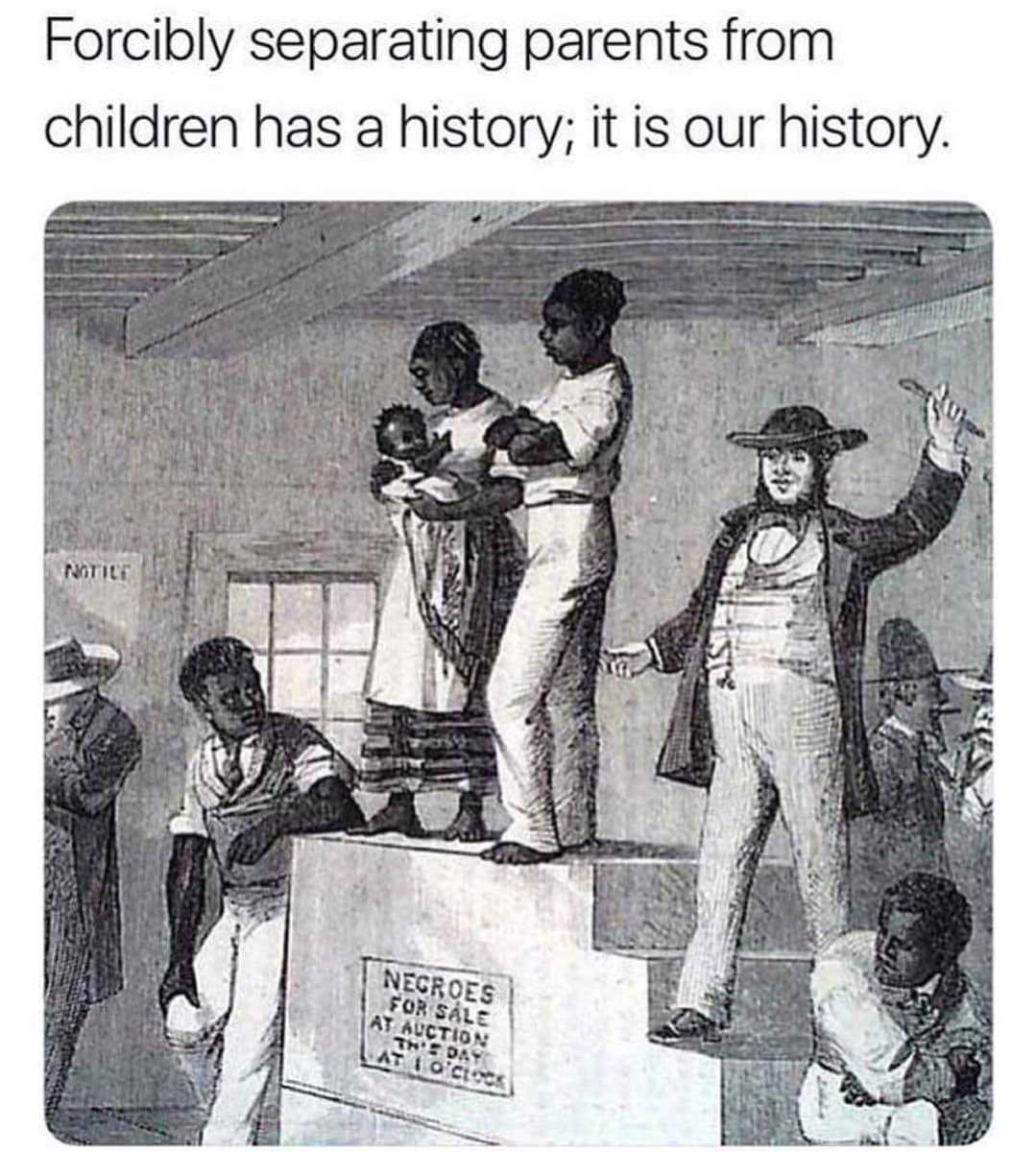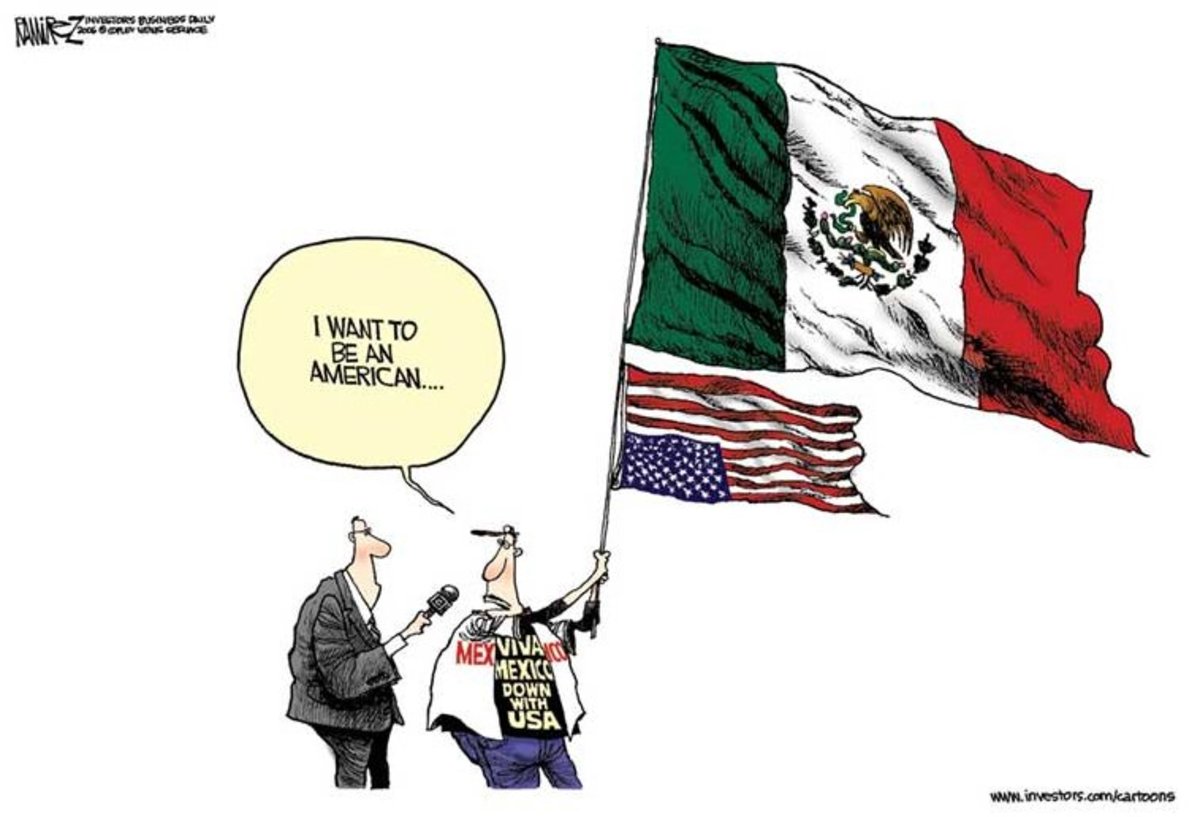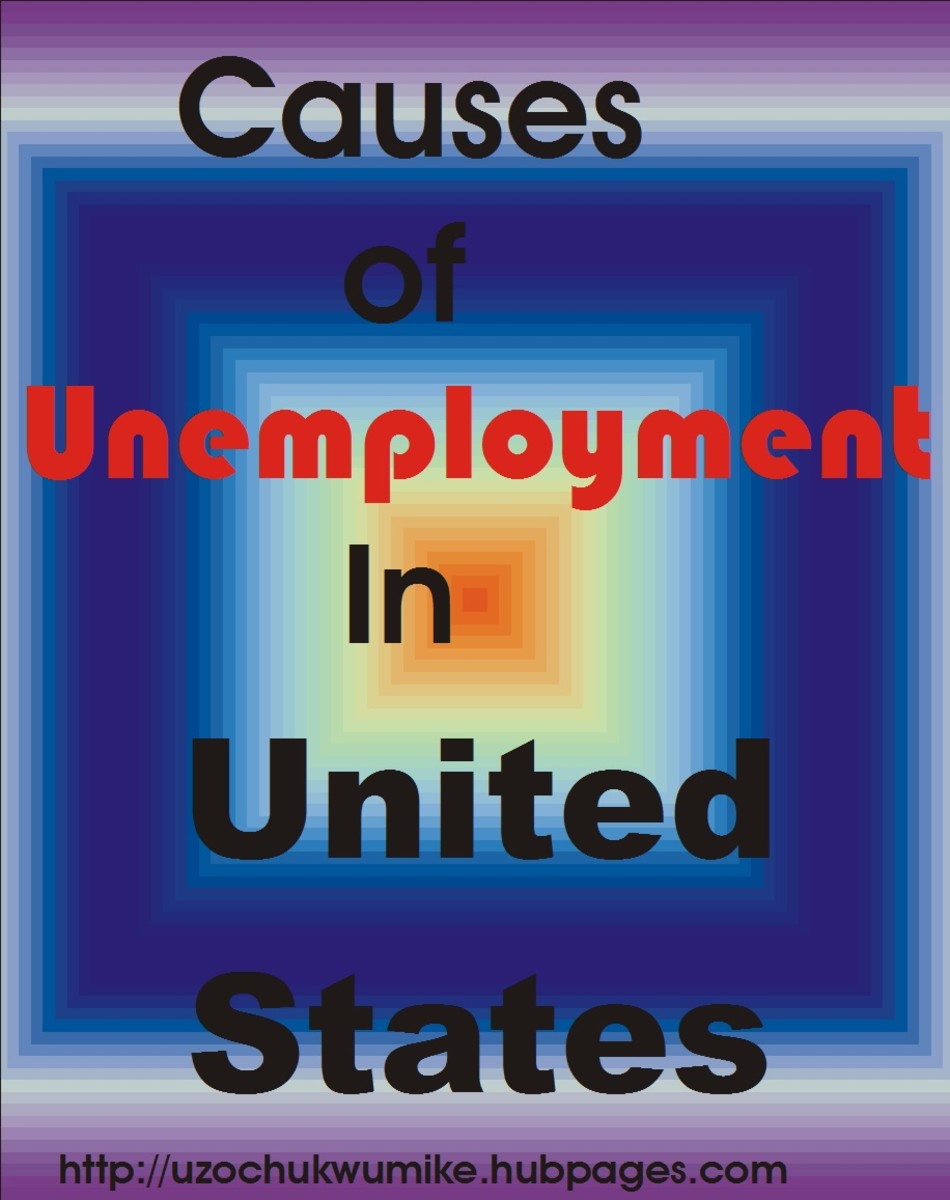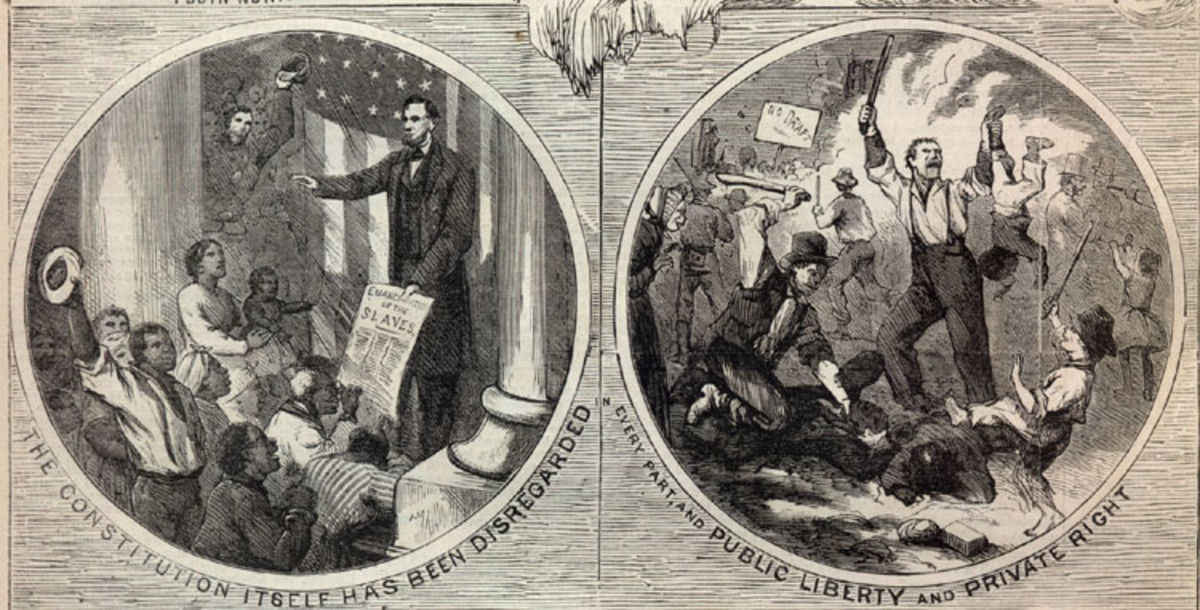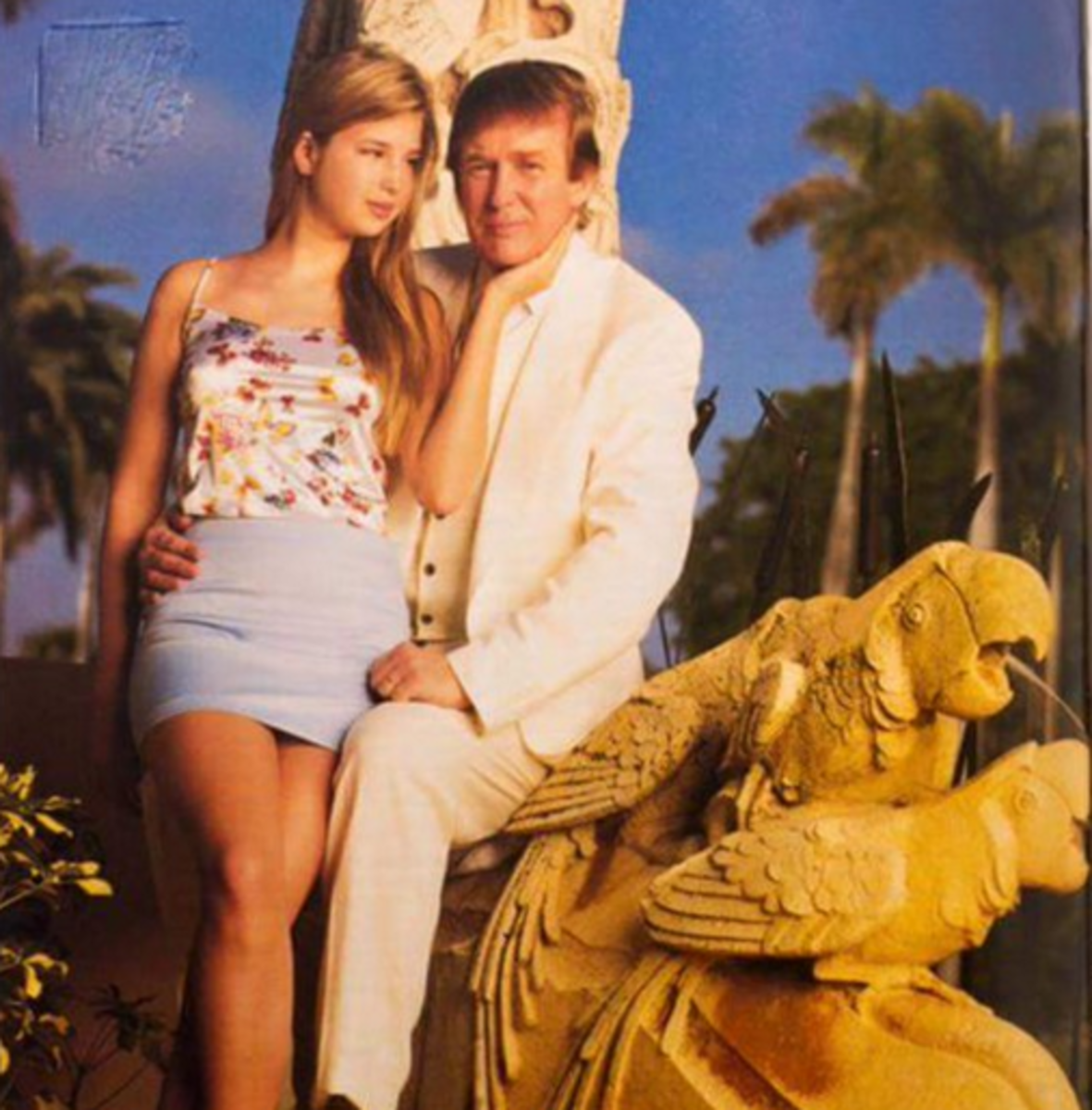Racial Discrimination in the United States Past and Present
Reach for Tolerance
In the United States all citizens are supposed to be considered equal. You cannot legally discriminate or deny people their rights based on their racial or religious backgrounds. However, in 1944 Korematsu vs. the United States exemplified the immoral racism of the time. During World War II a government order placed thousands of Japanese-Americans in internment camps, because they were considered enemies of the nation. It was not until 1988 that the U.S. government finally recognized the illegality of the internment and discrimination against Japanese-Americans in WWII. Today with the conflicts in the Middle East and the attacks on September 11 the same racial discrimination is being placed on Arab-Americans. Although, targeting minority groups may have been supported in the past, today legal policy forbid such actions; because, discriminating against any minority group is unconstitutional and racial stereotyping, there cannot be any official policy limiting a minority group such as those of an Arab racial background.
Under the 4th amendment, citizens of the United States are protected against policies that restrict the rights of minority groups. The U.S. constitution clearly states,“All persons born or naturalized in the United States and subject to the jurisdiction thereof, are citizens of the United States and of the State wherein they reside. No State shall make or enforce any law which shall abridge the privileges or immunities of citizens of the United States; nor shall any State deprive any person of life, liberty, or property, without due process of law; nor deny to any person within its jurisdiction the equal protection of the laws.”This alone prevents any such policies being put into law. The media is responsible for most of the anti-Arab feelings within our country. Although, many people are swayed by the media to believe anyone of Arab dissent is a terrorist, it simply is not so. These types of actions are racial stereotypes which the masses feed off of, but the public actually needs to be educated on the topic. Many Arab-Americans like those Japanese-Americans during WWII actually have no ties to the Middle East and except for a select few cases they have no connections to terrorist groups. Because of the actions of a few people many Arab-Americans are subjected to unfair treatment by those of other racial groups.
Policies supporting racial discrimination are not only illegal, but are also morally wrong. These racial stereotypes are passed down to children who continue such attitudes to future generations. As mentioned before, it does not help that the media supports these same types of stereotypes. In many movies Arabs are nearly always portrayed as the villains of the story. It is no wonder that these same attitudes influence people's decisions when it comes to things like voting for certain policies in the government. Those of an Arab racial background are often raised under the Islamic religion. After the 9/11 attacks being deemed an attack by Islamic fanatics, many Muslims have gotten a bad reputation for an attack they had absolutely no part in. Those belonging to this minority group now often face discrimination, intimidation, and even violence from hate crimes. This treatment is a lot like the Japanese-Americans treatment during WWII after the bombing of Pearl Harbor. Today passing a policy that would inhibit the rights of Arab-Americans would only support racism and further such hate crimes within the United States.
Overall, there is a lot of anti-Arab feeling in the United States today just like there were anti-Japanese feelings during WWII. However, the 4th amendment clearly prohibits any policy that would discriminate against a minority group like Arab-Americans. Policies like these are immoral and illegal. People should not believe racial stereotypes that portray all Arabs and Muslims as terrorists. Policies that limit the rights of a select racial group only make people think it’s okay for them to hate and discriminate the group. These fears are the result of paranoia and are unjust. For example, we were once at war with Germany, but we do not hate or pass policies against those of German dissent. Also there are plenty of white Christians that commit crimes, but there is no widespread campaign to limit the rights of white Christians. This proves that you cannot take the actions of a few and place judgment on everyone pertaining to that particular race and belief system. Arab-Americans are not a dangerous minority group; these are simply misconceptions that are supported by the media and the masses that are influenced by these ideas. The United States needs to reach for tolerance and not hate, because discriminatory policies will not uphold in court, because they are unjust and unconstitutional. I hope that 2012 will bring up a new bond of tolerance.
IF YOU ARE INTERESTED IN LEARNING MORE HERE IS MY WORK CITED:
California State Capital, The Japanese- American Internment During WWII: A Discussion of Civil Liberties Then and Now,
Find Law, U.S. Constitution: Fourteenth Amendment,
- FindLaw: U.S. Constitution: Fourteenth Amendment
FindLaw | Find a Lawyer. Find Answers.
Your Dictionary, Stereotype Examples,
- Stereotype Examples
The following stereotype examples illustrate just what a stereotype is.



